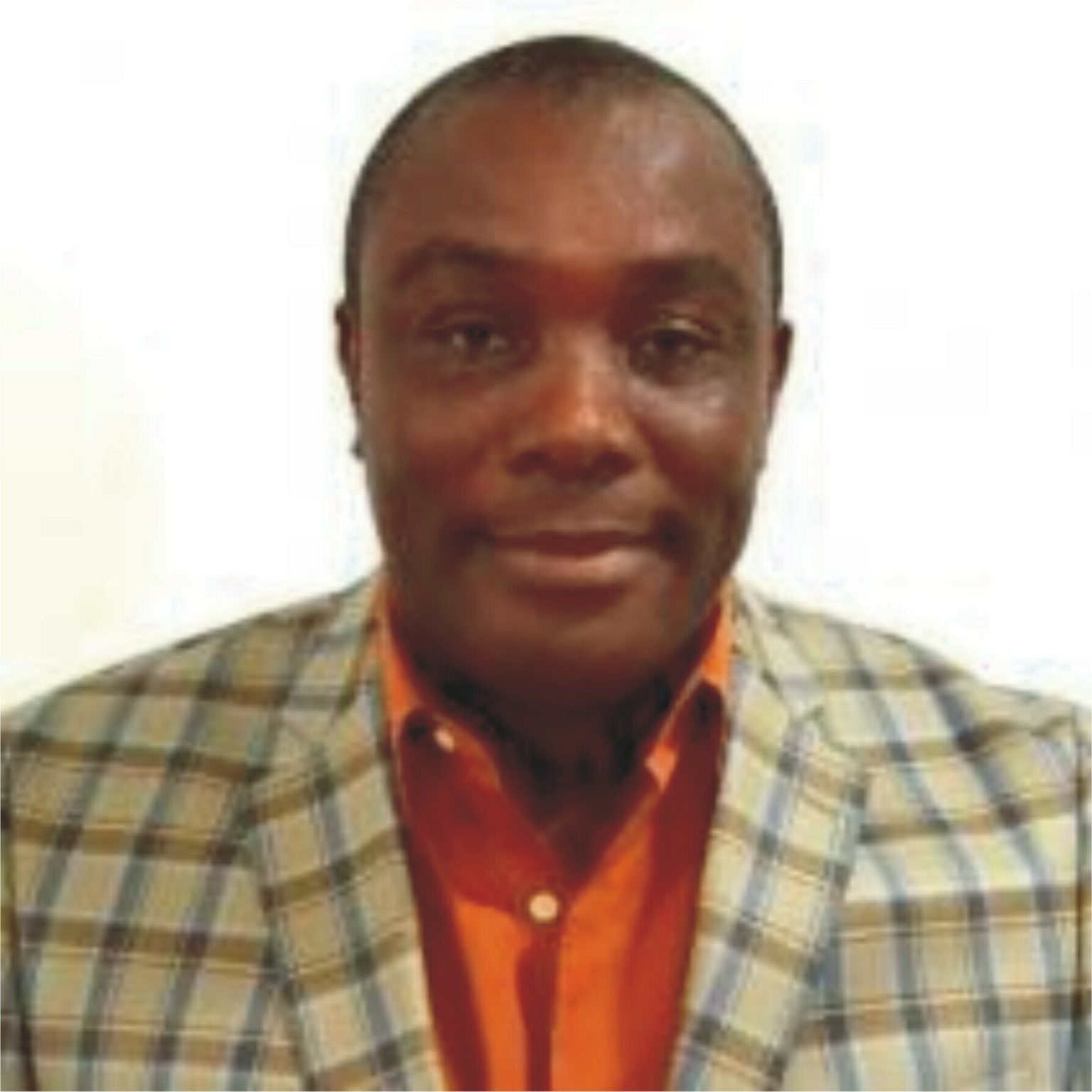Senator Crayton O. Duncan of Sinoe County, Liberia, has voiced deep concerns regarding a law that shields concession companies from scrutiny by the Liberian Senate. He argues that this law, which prevents the Senate from summoning and questioning these companies, cripples the body’s ability to hold them accountable for their operations within the country. Senator Duncan draws a parallel with the United States Congress, where foreign companies are routinely questioned about their practices, highlighting the stark contrast with Liberia’s approach. He attributes this protective legislation to the influence of Western powers, suggesting they pressured Liberia to adopt this stance, possibly due to past scrutiny of companies like Firestone. This fear of confronting Western interests, he argues, is a major impediment to Liberia’s progress. Senator Duncan believes that Liberia’s leadership must demonstrate greater courage in demanding fair treatment from foreign companies and advocating for the country’s interests.
Senator Duncan’s central argument revolves around the need for Liberia to prioritize self-reliance and reclaim control over its resources. He criticizes the country’s dependence on foreign aid and the influence of institutions like the International Monetary Fund (IMF) and the World Bank. He contends that these institutions prioritize Western interests and that their involvement hinders Liberia’s development rather than fostering it. He supports this claim by pointing to the significant sums Liberia spends on imported food, arguing that the West discourages self-sufficiency in food production to maintain its control over the market. He cites the example of the late President William R. Tolbert, who faced resistance when he attempted to reduce reliance on imported rice. Senator Duncan advocates for a more assertive stance toward companies like Firestone, urging the government to challenge their practices and prioritize domestic production.
The senator is highly critical of what he perceives as exploitative practices by concession companies in Liberia. He cites the example of Bea Mountain Mining Company, which declared US$800 million in export benefits from Liberian gold and diamonds. He juxtaposes this figure with Liberia’s national budget of US$700 million, highlighting the disparity between the wealth extracted from the country and the resources available for its development. This stark contrast, he argues, underscores the urgent need for Liberia to re-evaluate its concession agreements and reclaim control over its resources. He stresses the importance of governmental accountability and transparency in managing these resources.
Senator Duncan’s concerns extend beyond the exploitation of natural resources. He also criticizes the West’s approach to development aid, which he characterizes as a form of ideological control. He argues that Western powers use seminars, workshops, and capacity-building initiatives to influence the thinking and behavior of Liberians, rather than genuinely contributing to the country’s development. This “capacity development,” in his view, serves as a tool for maintaining Western influence and hindering true progress. He calls for a shift away from this model and a focus on self-initiated development strategies.
The senator’s call for self-reliance is a recurring theme throughout his arguments. He believes that Liberia must break free from its dependence on foreign aid and the dictates of international institutions. This self-reliance, he asserts, is crucial for achieving true economic independence and sustainable development. He urges the Liberian government to prioritize domestic initiatives, particularly in agriculture and infrastructure, to reduce reliance on imports and strengthen the national economy. This includes revisiting concession agreements, demanding greater accountability from foreign companies, and investing in domestic production capabilities.
Ultimately, Senator Duncan’s message is a call for a fundamental shift in Liberia’s approach to development. He advocates for a more assertive stance towards foreign interests, a greater emphasis on self-reliance, and a renewed focus on domestic priorities. He believes that by reclaiming control over its resources, challenging exploitative practices, and prioritizing its own needs, Liberia can break free from its current dependence and chart a path towards genuine and sustainable development. He emphasizes the importance of leadership in driving this change and urges the Liberian government to take decisive action to secure the country’s future.














